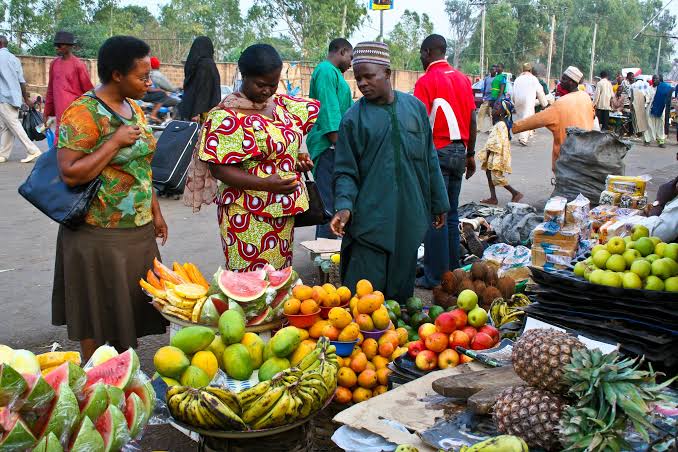The President/CEO of AFEX Nigeria, Akinyinka Akintunde, speaking during the launch of the report said: “This year, we nearly doubled our sample size from 20,677 to 39,091 to get an accurate reflection of the current state of Agriculture production, and we found that we must take extra care to prioritize improvement in agricultural productivity for these farmers, and this is hinged on investing in the sector, and solving for infrastructure, logistics, and technology gaps.
AS food prices continue to soar unabatedly and harrowing hunger frustrating Nigerians, AFEX, weekend, reported that Nigeria’s food shortage reaches 5.7 million metric tonnes.
“This transformation will substantially enhance food self-sufficiency and increase our ability to meet the nutritional and food security needs of a growing population while also bolstering the economy through foreign exchange earnings.”
“A recurring limitation for agriculture on the continent is a shortage of reliable data, which affects the availability of transparent pricing and limits, on one hand, participation from the side of capital market operators and largely financial market players and on the other hand, farmers’ ability to negotiate equitable contracts for themselves.
“This report attempts to build that gap by building a reliable data bank to promote market education and facilitate accurate trading decisions.”
However, the report forecasts higher prices for Paddy rice, Soybean, Sorghum, Cocoa, and Sesame.
On pricing, the report forecasts an increase in prices for all commodities on the basis of a general decline in production coupled with increasing demand for across processing and exports.
Paddy Rice which faced the most notable upswing in 2022/2023, partly due to increased flooding and the India rice ban that contributed to an increase of 34% and a baseline pricing of NGN353,000/mt, which is expected to rise to NGN400,000/mt and projected to stabilize at NGN480,GN500,000/mt by Q3 2023.
Meanwhile, the six key commodities (Maize, Paddy rice, Soybean, Sorghum, Cocoa, and Sesame), which leveraged on farmer surveys and measurement of transaction-level data to track vital information across crop production, price performance, and market dynamics.
The report will aid the understanding of the current food system while providing stakeholders’ in the commodities market with intel to make data-driven trading decisions in the coming season.
AFEX is a platform business that enables efficient trade for commodities in Africa. Solutions start at the producer level, ensuring improvement in productivity and livelihoods while building up commodity volumes in the right quality and quantity for local and regional trade.





